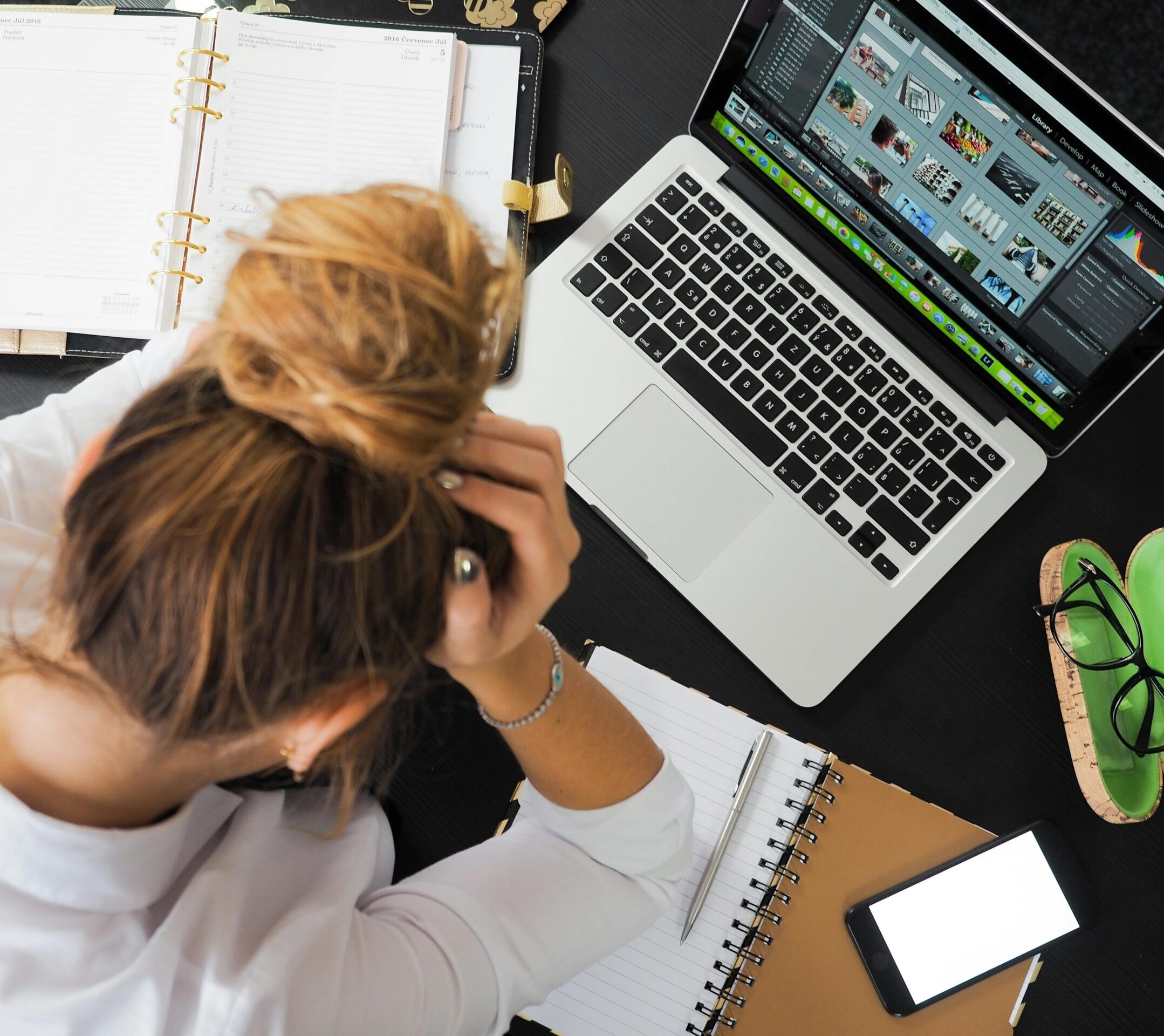
Coming home after a demanding day at work can often leave one feeling stressed and overwhelmed.
In response to this common issue, experts, including Dr. Ranj in collaboration with Furniture Village, have shared valuable insights on effective ways to manage and alleviate post-work stress. This article explores these expert suggestions, providing detailed guidance on how to transition from a hectic workday to a peaceful evening at home.
Creating a Sleep-Optimised Environment
The bedroom environment plays a crucial role in relaxation and stress management. Dr. Ranj emphasises the importance of this, stating:
“Curating the perfect bed with a mattress, duvet, and pillows that match your sleeping position isn’t the only thing needed for a great night’s sleep. You should also train your mind to ideally associate the bedroom with sleep.”
This involves more than just comfortable bedding; it’s about creating an overall atmosphere conducive to relaxation. Keeping electronics away from the bedroom, using calming colours in decor, and maintaining a cool, quiet environment are key factors in transforming your bedroom into an ideal sleep haven. Additionally, consider the use of aromatherapy or gentle, ambient lighting to enhance the tranquillity of your bedroom. These small changes can significantly impact your ability to relax and get a good night’s sleep, ultimately helping in reducing stress levels. Dr. Ranj has created a 24-hour guide for better sleep in collaboration with Furniture Village, which highlights an hour-by-hour breakdown of all the little things that can influence a better evening wind down.
Prioritising a Calming Evening Routine
Developing a calming evening routine is essential in managing post-work stress. Dr. Ranj suggests:
“Getting into the habit of unwinding in the evening before bedtime has a positive correlation with better sleep and consequently improved energy levels and ability to cope with stresses and strains of everyday life.”
This routine might include activities such as reading, listening to soothing music, or engaging in light stretching exercises. The goal is to engage in activities that signal to your body and mind that it’s time to slow down and relax. Expanding on this routine can also involve preparing for the next day. Laying out clothes, preparing lunch, or writing a to-do list for the following day can alleviate morning stress, thereby contributing to a more relaxed evening. This preparation not only helps in reducing anxiety but also allows for a more mindful and present approach to your evening routine.
Engaging in Physical Activities to Relieve Stress
Physical activity is a highly effective way to manage stress after work. Dr. Ranj advises:
“Having a little stretch to unwind is a great way to loosen muscles and relieve the tensions of the day, so incorporating this into your evening routine is sure to get ready for a good night’s rest. Plus it’s great for your physical health!”
Activities like yoga, walking, or even a gentle home workout can help release the physical tension built up over the day and promote mental relaxation. The type of physical activity chosen doesn’t have to be strenuous. Even gentle movements can have significant benefits. The key is to find an activity that you enjoy and that helps in releasing stress. This could be as simple as a leisurely walk around your neighbourhood or a few minutes of stretching before bed.
Mindful Eating and Its Role in Stress Reduction
Mindful eating in the evening is another effective method for managing stress. Dr. Ranj highlights:
“What we do, where we live, and what we eat all influence how well we sleep at night, so we should be aware of how our choices throughout the day (and in this case, the evening) can affect our sleep.”
Paying attention to what and how you eat can significantly impact your relaxation levels. Opting for a light, nutritious dinner can promote better digestion and aid in relaxation. Avoiding heavy, rich meals and reducing caffeine intake in the evening can prevent discomfort and restlessness, contributing to a more peaceful state. In addition to what you eat, focusing on how you eat is equally important. Eating slowly, savouring each bite, and avoiding distractions like TV or smartphones during meals can enhance the dining experience. This practice encourages a more mindful approach to eating, allowing for better digestion and a more relaxed evening.
Utilising Relaxation Techniques
Relaxation techniques such as deep breathing exercises, progressive muscle relaxation, or guided imagery can be powerful tools in managing post-work stress. These techniques help in slowing down the mind and body, promoting a state of calmness. Setting aside time to practice these techniques, even for just a few minutes each evening, can have a profound impact on your overall stress levels. Incorporating these techniques into your evening routine can be done in various ways. You might choose to practice deep breathing exercises while lying in bed, engage in progressive muscle relaxation after a warm bath, or listen to a guided imagery session before sleep. The key is to find a technique that resonates with you and make it a consistent part of your nightly routine.














